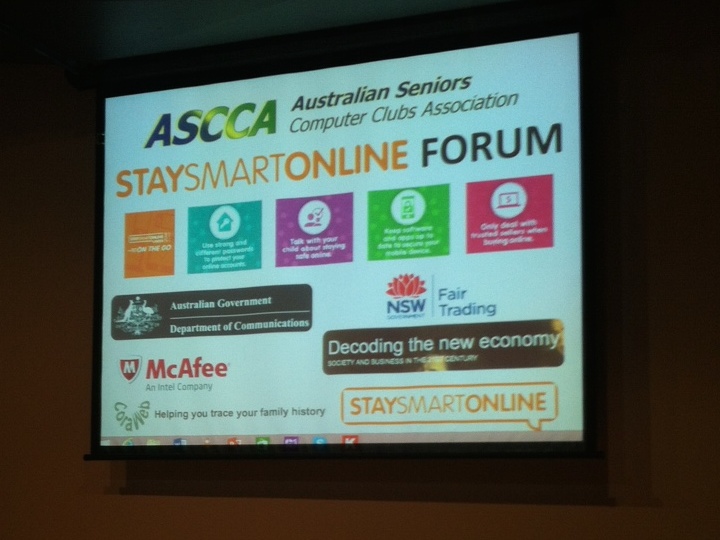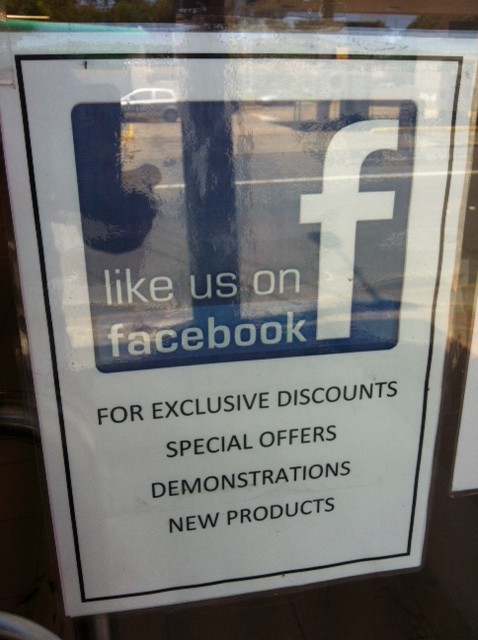Today I spoke about online safety to the Australian Seniors’ Computer Clubs Association about staying safe online.
Hopefully I’ll have a copy of the presentation up tomorrow but what was notable about the morning was the concern among the audience about security and safety of cloud services.
The ASCCA membership are a computer savvy bunch – anyone who disparages older peoples’ technology nous would be quickly put in their place by these folk – but it was notable just how concerned they are about online privacy. They are not happy.
Another troubling aspect were my answers to the questions, invariably I had to fall back on the lines “only do what you’re comfortable with” and “it all comes down to a question of trust.”
The problem with the latter line is that it’s difficult to trust many online companies, particularly when their business models relies upon trading users’ data.
Resolving this trust issue is going to be difficult and it’s hard to see how some social media platforms and online businesses can survive should users flee or governments enact stringent privacy laws.
It may well be we’re seeing another transition effect happening in the online economy.




